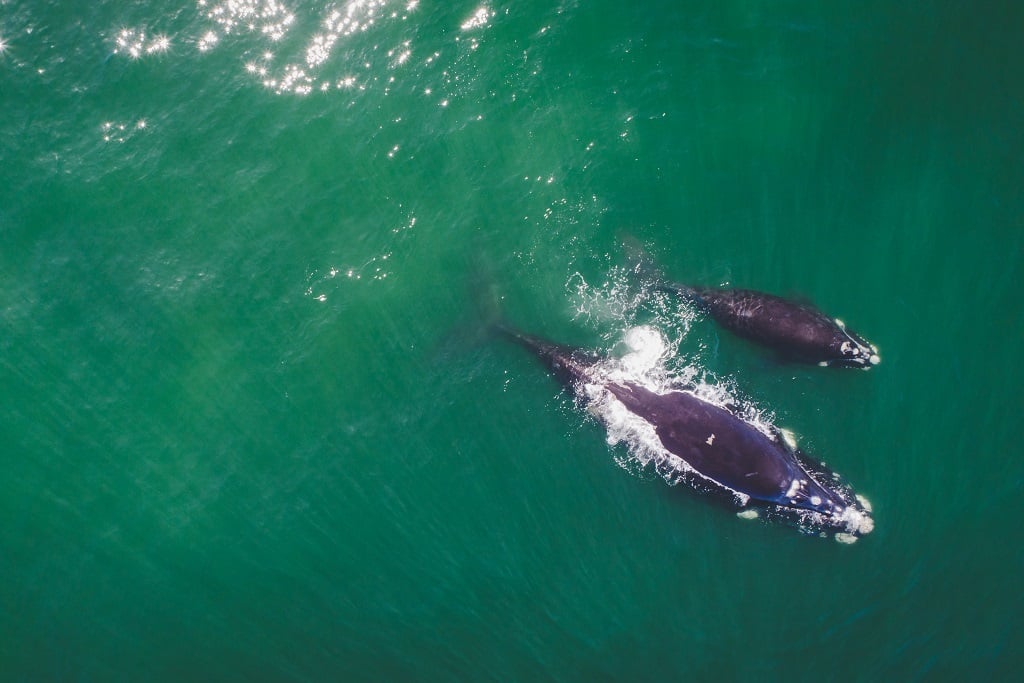
Delegations from hundreds of countries will meet in New York this week in an attempt to hammer out a new legally binding ocean protection treaty that green groups believe will decide whether efforts to safeguard global biodiversity can succeed.
Last August, an earlier round of talks on the new United Nations ocean conservation treaty were suspended, with countries unable to reach an agreement on financing. Sharing the proceeds of "marine genetic resources" and the establishment of ocean environmental impact assessment rules for development were also major sticking points.
Experts familiar with the negotiations said major parties have now moved closer together on key issues as new talks begin, though compromises were still being sought.
"There seems to be an appetite to actually finalise the treaty now," said Jessica Battle, ocean expert at the Worldwide Fund for Nature.
"There are several countries who are looking for some concessions to be made, but at the end of the day what is really important is that the treaty doesn't get too watered down," she said, noting that one attempt to exclude fishing from the treaty had already been defeated.
The success of the talks, scheduled to run until 3 March, still "hinge on the finance question", said Li Shuo, global policy advisor at Greenpeace, and China is set to be a major player in the negotiations, especially when it comes to bringing other developing nations on board.
According to Greenpeace, 11 million square kilometresof ocean must be protected every year between now and the end of the decade if a target of protecting 30% of the world's land and sea by 2030 - known as "30 by 30" - is to be met.
China's foreign ministry said in a statement that it was working hard to achieve "a high-quality agreement that takes conservation and sustainable use into account and can be generally accepted by the international community."
How to share the proceeds from ocean industrial development, including the use of marine genetic resources in pharmaceuticals and other industries, will also be a crucial factor for China, which is already home to six of the 10 biggest global companies that run high seas fishing fleets.
"Genetic resources and the issue of finance will be the end game," said Greenpeace's Li.

